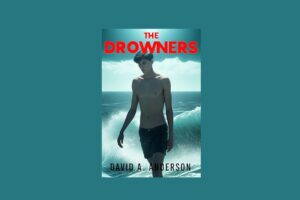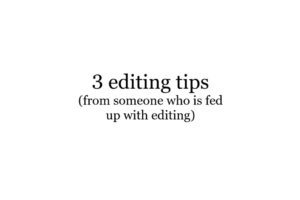The majority of dystopian fiction portrays the journey of a specific rebel or group of rebels fighting against the system. The obvious example is Winston in Nineteen Eighty-Four, but we also have Theo in Children of Men, Guy Montag in Fahrenheit 451 and Katniss in the Hunger Games to name but a few. All of these characters, despite being brought up or living a large part of their life in an oppressed state, decide to rebel against their oppressor at a certain point in their lives – usually after a particularly disturbing catalytic moment. But what makes these rebels different from the other members of the same society? What drives them to go against the grain, even if to do so is futile?
The definition of a rebel is ‘a person who rises in opposition or armed resistance against an established government or leader’, but this description doesn’t provide much of an insight of what really makes a rebel. Are there particular psychological anomalies that are inherent within the kind of people who actively push against injustice?
There are two types of rebellion: impulsive and calculated. The impulsive rebels are usually selfish, emotionally distraught and aggressive. They desire change but are not sure how to carry it out and so, much like a teenager drenched in an agonising mix of fear, hate, desperation and loneliness, push against whatever they can in order to make an impact. This is an unproductive and self-destructive form of rebellion that is relatively common and is often deemed the result of an inability to self-express.
Calculated rebels, surprisingly enough, are just as internally distraught and pent up as their impulsive counterpart. Their notion of rebellion stems from the exact same agonising mix of emotions, the only difference being a level of self control and intelligence (not that impulsive rebels can’t be intelligent, they just don’t act intelligently toward whatever they are rebelling against). It also requires self-assurance, confidence, single-mindedness and manipulation on an unsettling level. These types of people can easily stand out if they’re not careful.
When looking back to my examples of fictional rebels, it is easy to see that Winston and Theo would be thought of as calculated rebels and Guy Montag would be impulsive, but what about Katniss? How has she stumbled into being the unintentional figurehead of a rebellion?
I think this is why so many YA dystopian novels have been entertaining but are not as convincing or absorbing as the classics. With the exception of The Giver, the majority of teen rebels reluctantly fight against their oppressors due to having a random quality or power that makes them the only suitable candidate for the task, yet this simply doesn’t make sense. These teenagers, or children as they often are, wouldn’t have the rebellious fuel to help them persevere in such a high intensity environment and would burn out quickly in real life. It’s interesting to the reader because they can imagine themselves in the same position as this ordinary teen in unordinary situation, but this is more of a fantasy than compelling fiction.
I’m not saying that authors should be learned psychologists before writing dystopian novels, but an element of realism and believability is required to truly get immersed in a book. After all, are you more likely to follow a Winston? Or a Katniss?



Leave a Reply